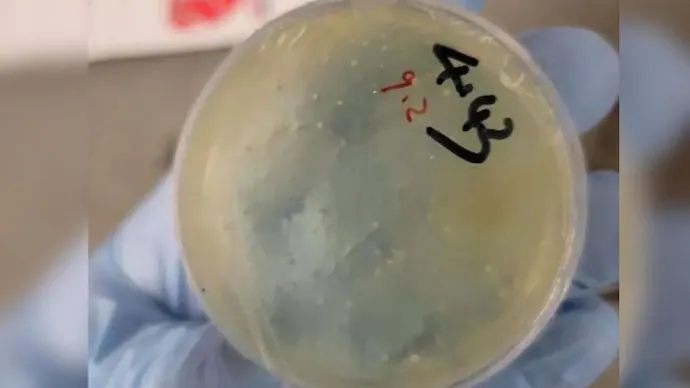Detroit, June 10, 2025 – In a growing series of biosecurity crackdowns, U.S. authorities have arrested Chengxuan Han, a Chinese scientist Ph.D. student, for allegedly smuggling illegal biological materials into the United States. Han was detained on June 8 at the Detroit Metropolitan Airport after arriving on a flight from Shanghai, according to official court documents.
Charges and Allegations
Han, affiliated with Huazhong University of Science and Technology in Wuhan, was planning a year-long research stint at the University of Michigan. However, she now faces federal charges of smuggling restricted goods and making false statements to federal authorities.
According to the FBI, the biological materials—related to worms requiring government permits—had been shipped in advance to university staff. The materials were reportedly concealed in envelopes hidden inside books, intercepted both in 2024 and again earlier this year.
FBI Response
FBI Director Kash Patel commented on the case, stating, “Chengxuan Han is the third individual with ties to the People’s Republic of China charged in recent days for bio-related smuggling. Upon arrival, she lied to federal agents about her shipments and had erased her electronic device prior to entry.”
This follows an earlier incident last week where two other Chinese nationals were charged with conspiring to smuggle a toxic fungus. One was sent back to China at the border last year; the other remains in U.S. custody.
Security Concerns and Official Statements
U.S. Attorney Jerome Gorgon Jr. noted that although the biological materials’ hazard level remains unspecified, the act of unauthorized shipment “threatens our security.”
John Nowak of U.S. Customs and Border Protection added, “The guidelines for importing biological materials for research purposes are stringent but clear. Such actions undermine the legitimate work of international scholars.”
Background: A Pattern of Rising Suspicion
This latest incident is heightening tensions surrounding academic exchanges between the U.S. and China. Han’s educational background and origin—Wuhan, the epicenter of COVID-19—adds further scrutiny, though no link to pathogens has been established.
The FBI has, in recent years, amplified its monitoring of Chinese researchers over concerns of intellectual property theft, espionage, and biosecurity violations. This case adds fuel to the debate over how research collaborations between the two countries should be regulated.
Legal Consequences
Han could face up to 10 years in federal prison if convicted. The case is expected to proceed swiftly as the Department of Justice emphasizes the national security dimensions of foreign academic misconduct.
What This Means Going Forward
Beyond this individual case, U.S. lawmakers and agencies are expected to ramp up biosecurity enforcement at airports and research institutions. Universities receiving international scholars may face stricter scrutiny and vetting procedures.
Conclusion
As the case of Chengxuan Han unfolds, it reflects broader tensions at the intersection of national security and academic freedom. Whether the biological material was dangerous or not, the implications are serious. With two other Chinese scientists already under investigation, this is unlikely to be the last high-profile case of its kind.
For continued updates, follow coverage from the U.S. Department of Justice and FBI.


